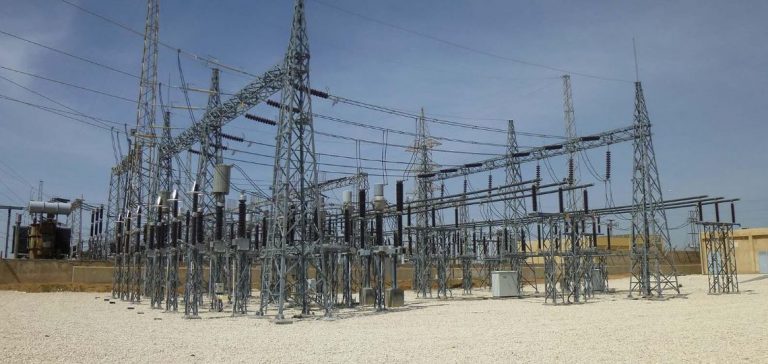The Prefect of Provence-Alpes-Côte-d’Azur, Christophe Mirmand, has approved a preliminary route for a 400,000-volt high-voltage line spanning 65 kilometers between Jonquières-Saint-Vincent (Gard) and Fos-sur-Mer (Bouches-du-Rhône). This project aims to strengthen the electrical capacity of the industrial port area of Fos-sur-Mer, where electricity demand is expected to double in the coming years. This increase is mainly attributed to decarbonation efforts and the development of new industrial activities with a low carbon footprint.
The route approved by the authorities bypasses the towns of Beaucaire and Arles to the west, crossing part of the Camargue nature reserve. This corridor, described as a “low-impact” option by the Prefect, will still need to be refined before a final route is established. Prefect Mirmand has attached four specific requirements to this approval, including holding a comprehensive public debate on all regional industrial projects and a thorough assessment of future electricity needs. These conditions must be met before submitting the request for public utility declaration.
Ongoing local opposition and tensions
Although essential for the modernization of the Fos-sur-Mer site, the project faces strong opposition from local communities. Several groups, including “Stop THT 13/30,” accuse project promoters of ignoring environmental impacts on the Camargue and imposing a route deemed too intrusive. Isabelle Gex, a member of this collective, criticizes the consultation process as a “charade,” arguing that local concerns have not been adequately addressed.
Local officials largely share this distrust. Patrick de Carolis, mayor of Arles, sees this corridor as a “noose” for his territory, potentially hindering the region’s economic development. He declares his support for industrial decarbonation but not at the expense of preserving local heritage and agricultural activities.
Reactions from the agricultural sector
The agricultural sector, represented by the FNSEA union, also expresses strong reservations. Laurent Israelian, the union’s departmental secretary, regrets that the project crosses protected areas where farmers already face severe restrictions. He believes that RTE, the network manager, has disproportionate freedom of action, allowing it to enforce its choices without adequate compensation. This view is shared by many farmers concerned about the future of their activities in a region already subject to significant environmental constraints.
RTE, aware of these tensions, has promised to explore compensation measures, including financial ones, to mitigate the impact of the corridor on agricultural operations. Christophe Berassen, RTE’s Mediterranean Development and Engineering Director, has reaffirmed the operator’s commitment to finding a balance between industrial needs and local interests.
Timelines and perspectives
The project, still in the consultation phase, aims to start construction in 2027, subject to administrative approvals. According to the preliminary schedule, the high-voltage line should be operational by 2030. It will meet the growing needs of industries located in Fos-sur-Mer while facilitating the integration of new, more environmentally friendly energy infrastructure.
Opponents have already announced their intention to take the matter to court if authorities persist with this route. Prefect Mirmand, while remaining open to negotiations, believes the project is essential for the region’s energy future. The debate thus continues over whether this corridor can reconcile industrial development with territorial concerns.






















